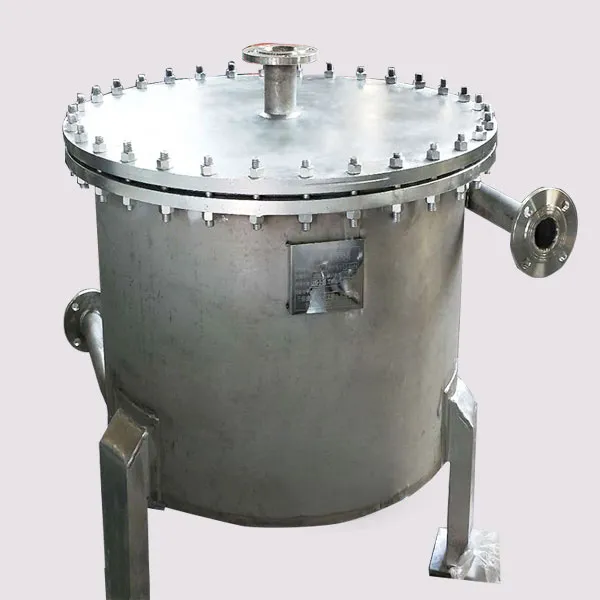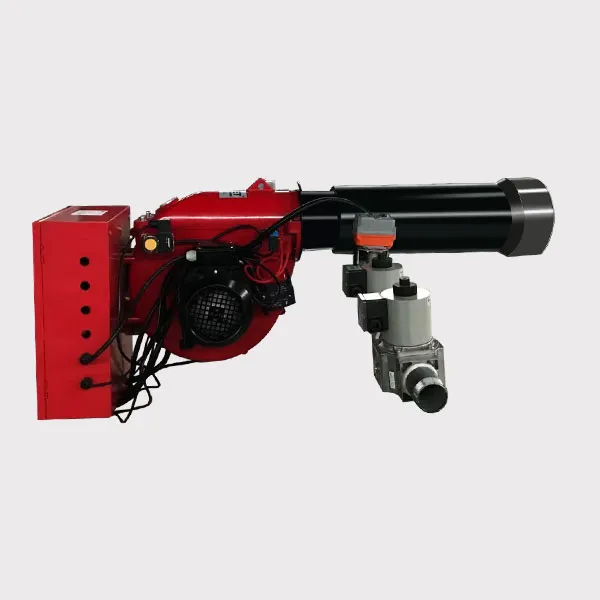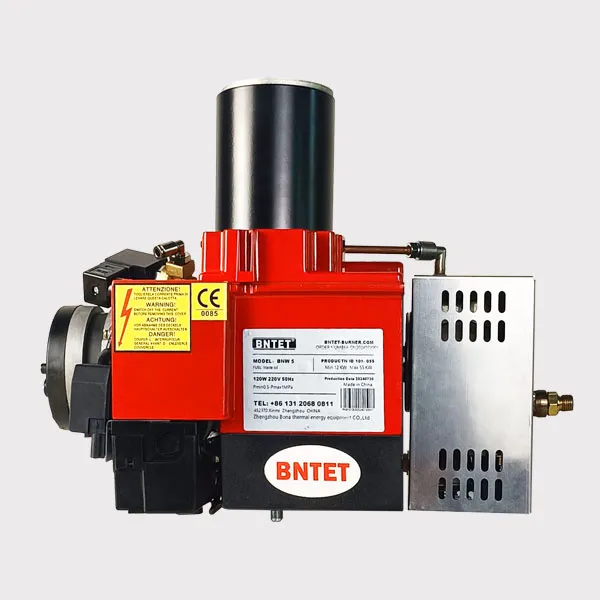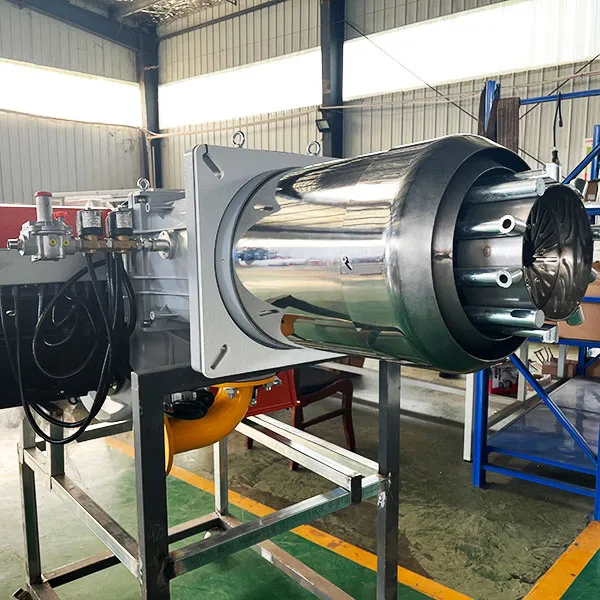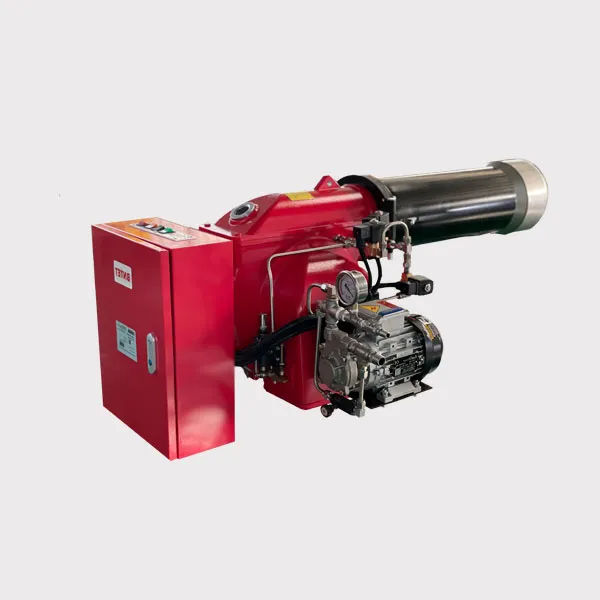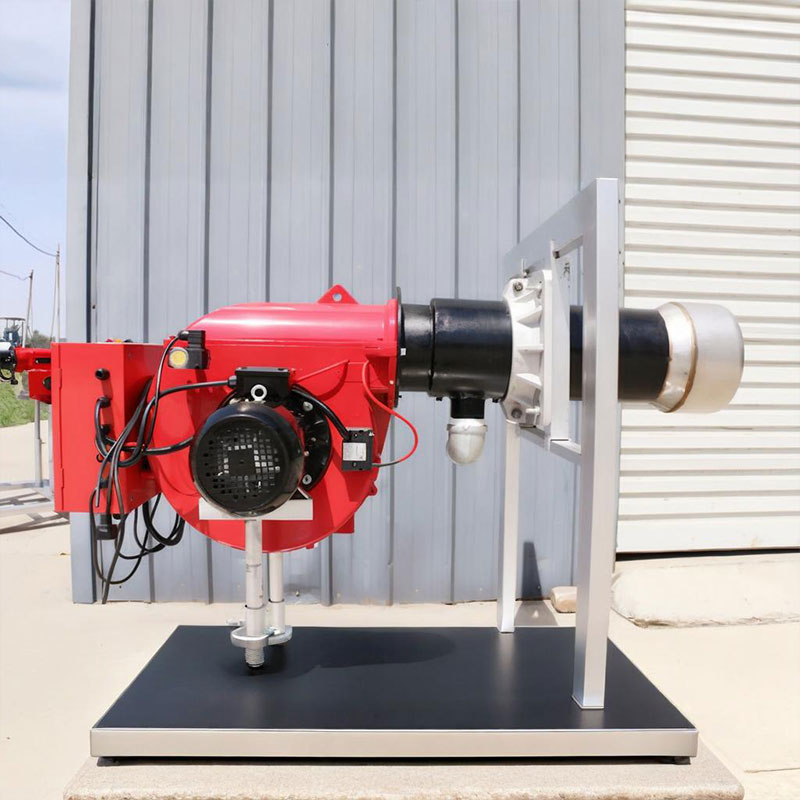What kind of oil can be used in a waste oil burner
2025-05-28 09:21:14
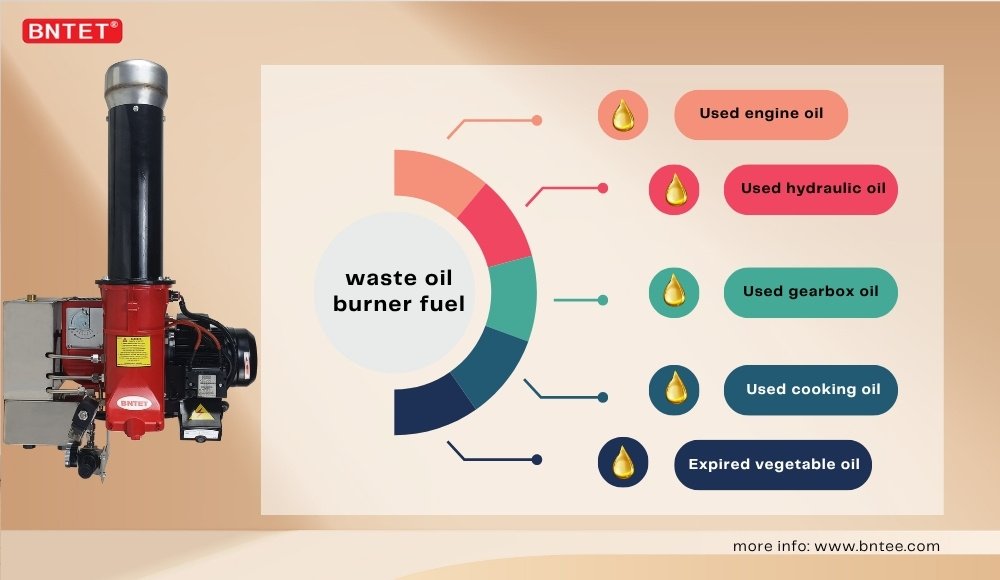
1. Waste Mineral Oils
Used engine oil: Lubricating oil from vehicles or machinery (requires filtration to remove impurities).
Used hydraulic oil: Waste oil from industrial equipment or construction machinery.
Used gearbox/transmission oil: Discarded oil from vehicles or heavy machinery.
Cutting oil/metalworking fluids: Waste oil from machining processes (requires pretreatment).
Used engine oil: Lubricating oil from vehicles or machinery (requires filtration to remove impurities).
Used hydraulic oil: Waste oil from industrial equipment or construction machinery.
Used gearbox/transmission oil: Discarded oil from vehicles or heavy machinery.
Cutting oil/metalworking fluids: Waste oil from machining processes (requires pretreatment).
2. Waste Vegetable/Bio-Oils
Used cooking oil: Frying oils (e.g., waste grease, palm oil, rapeseed oil).
Expired vegetable oil: Spoiled or inedible oils (e.g., soybean oil, corn oil).
Biodiesel byproducts: Residual waste oils from biodiesel production.
Used cooking oil: Frying oils (e.g., waste grease, palm oil, rapeseed oil).
Expired vegetable oil: Spoiled or inedible oils (e.g., soybean oil, corn oil).
Biodiesel byproducts: Residual waste oils from biodiesel production.
3. Mixed Waste Oils
Blends of different waste oils (must ensure compatibility to avoid clogs or chemical reactions).
Blends of different waste oils (must ensure compatibility to avoid clogs or chemical reactions).
4. Other Waste Oils(A heavy oil burner would be better)
Tar/asphalt oils: Byproducts from certain industrial processes (requires high-temperature burners).
Oil sludge: Residues from fuel tanks or crude oil storage (requires specialized equipment).
Marine waste oils: Residual fuel oils from ship engines (e.g., heavy fuel residues).
Important Considerations
Pretreatment Requirements:
Waste oil must be filtered, settled, or centrifuged to remove water, metal particles, and other impurities to prevent nozzle clogging.
High-viscosity oils (e.g., heavy oil, sludge) may need heating for proper flow.
Equipment Compatibility:
Different burners are designed for specific oil types (e.g., a used engine oil burner may not work well with vegetable oil).
Some waste oils (e.g., high chlorine/sulfur content) may corrode equipment or require exhaust treatment (e.g., SCR, scrubbers).
Environmental Regulations:
Burning waste oil can produce harmful emissions (dioxins, SO₂, etc.) and must comply with local environmental laws.
Some countries prohibit burning untreated hazardous waste oils (e.g., PCB-contaminated oils).
Oils Not Recommended
Gasoline or light oils: Highly flammable, posing explosion risks.
Oils with solvents/chemicals: May release toxic fumes.
High-salt/acidic waste oils: Can accelerate equipment corrosion.
Always check the burner manufacturer’s specifications and ensure compliance with environmental regulations before use.


